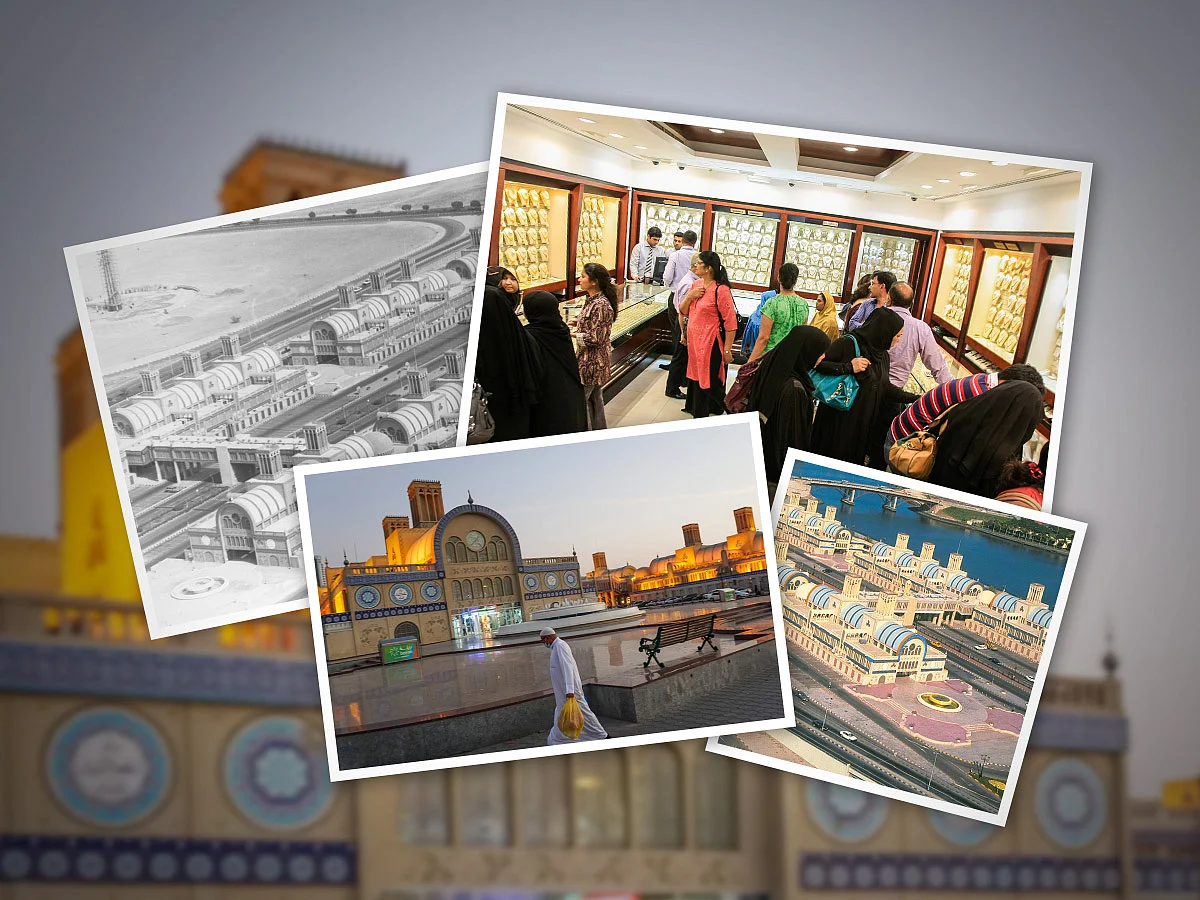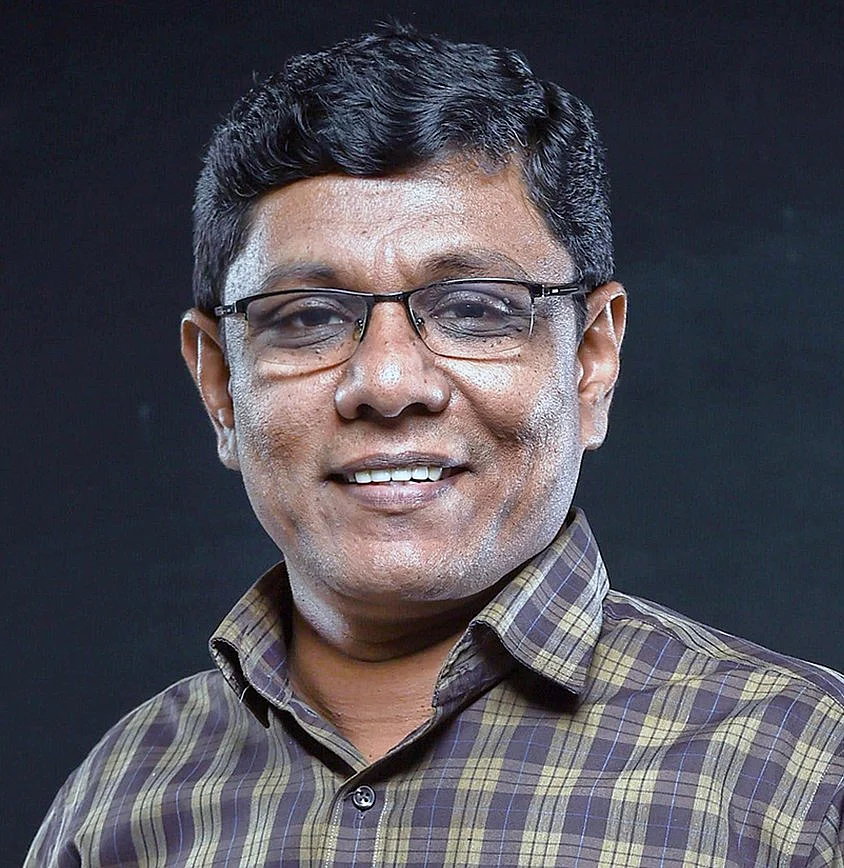Over 47 years on, Sharjah’s Central Souq remains a timeless treasure
Souq home to traders from across the globe and a popular haunt among residents, tourists

Sharjah’s iconic Central Souq, also known as the Blue Souq, has stood as a cultural and architectural landmark since it opened in 1978. With its distinctive blue-tiled domes, intricate Islamic motifs, and geometric design resembling a steam train, the souq is a striking example of Arabic architecture. Nestled between busy city roads and overlooking the peaceful Khaled Lagoon, it remains one of the emirate’s most photographed structures — even appearing on the Dh5 banknote.
Once considered a pioneering step in modern retail infrastructure in the UAE, the two-winged, two-storey complex houses around 600 shops. The ground floor offers modern jewellery, watches, and fashion, while the upper level features traditional items like carpets, pashminas, coffee pots, and silverware — a favourite among tourists and collectors.
In its heyday, families from across the UAE, including those from Abu Dhabi and Dubai, flocked to the souq to purchase textiles and handicrafts. Though footfall has declined in recent years with the rise of malls and newer shopping destinations, the Central Souq still holds nostalgic and historic value. It remains a quiet gem, visited by loyal locals and curious tourists alike — a place where tradition meets timeless design in the heart of Sharjah.
Sign up for the Daily Briefing
Get the latest news and updates straight to your inbox
Network Links
GN StoreDownload our app
© Al Nisr Publishing LLC 2025. All rights reserved.
